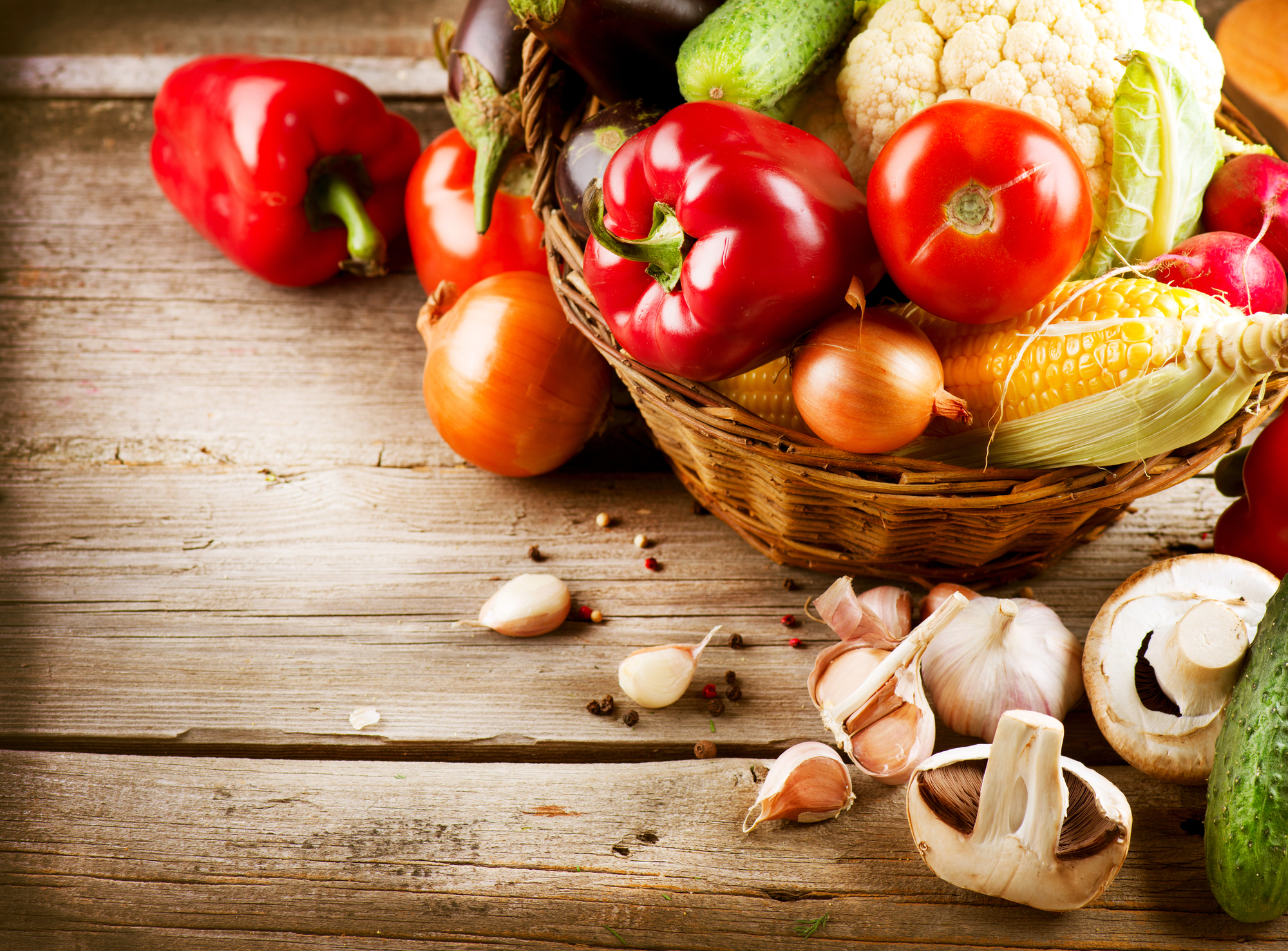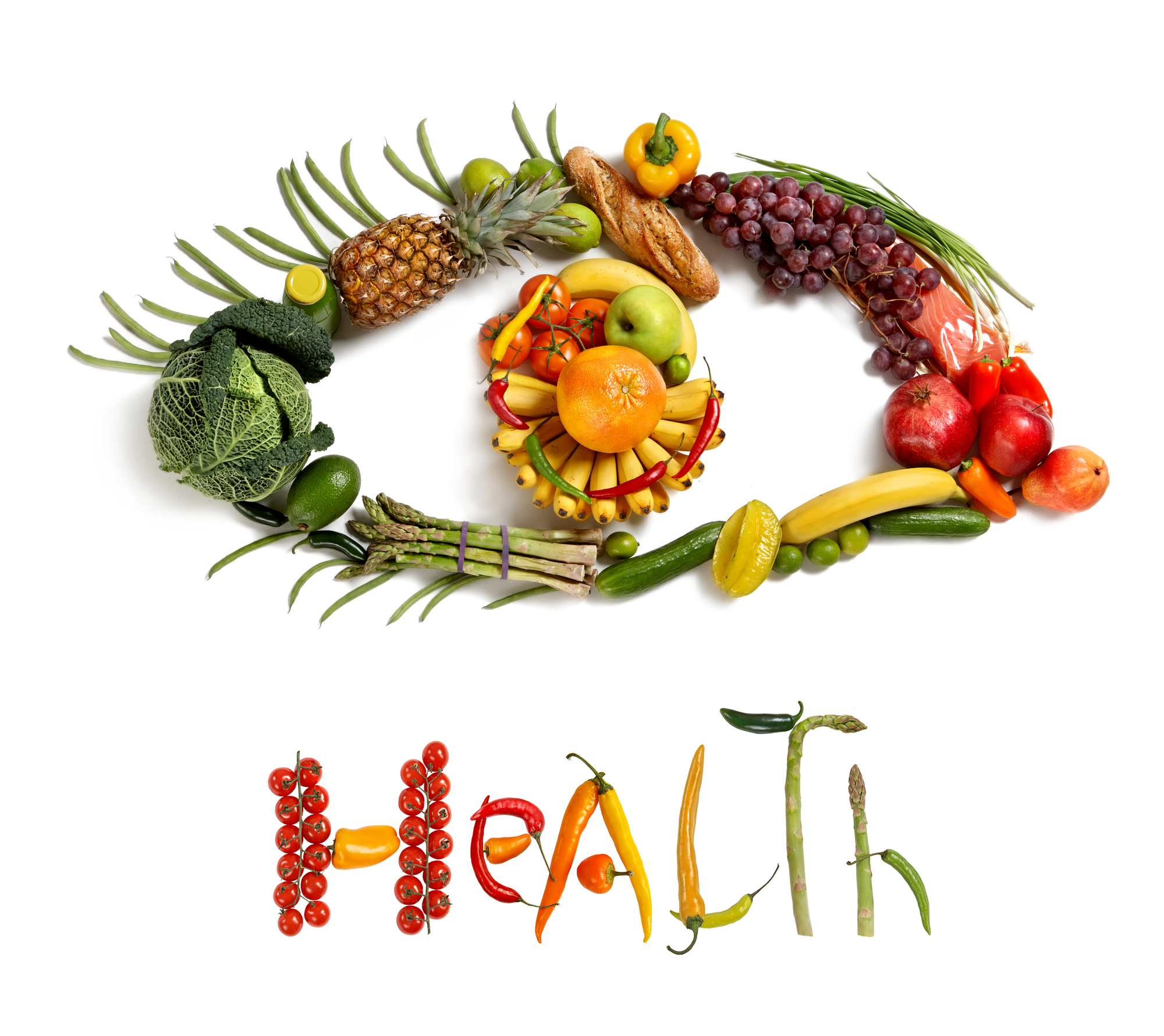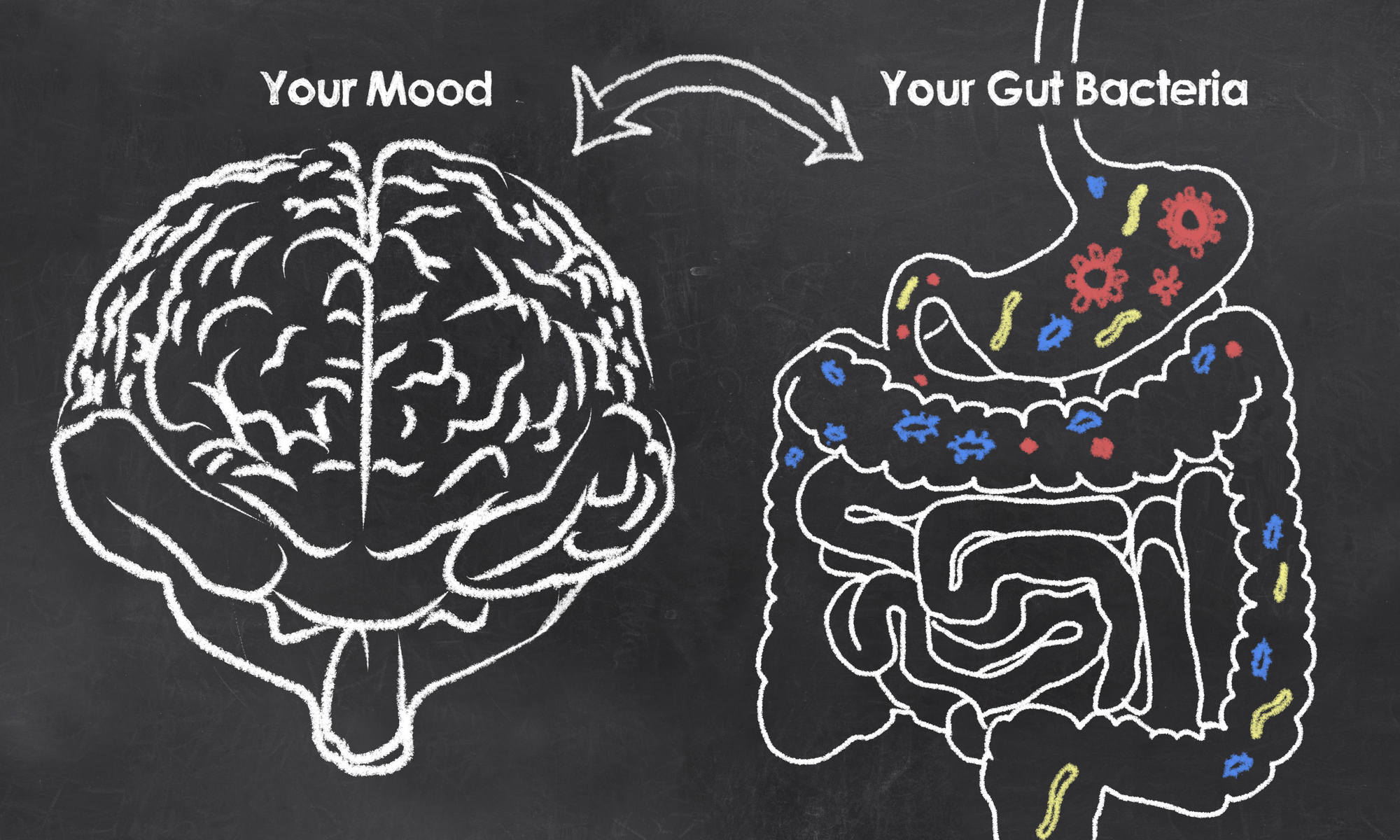Our Blog
Good Gut Health: Why Should I Spend More for Organic Foods?

When something is costly, it gives the impression of being better. But does this apply to food, too? Maintaining good gut health helps improve your overall health and well-being. Remember what you put into your body is what you will get from it. Discover why you should pay more for organic foods and the differences to look for when you buy them.
The Added Cost of Buying Organic
Much like anything else of quality, organic foods can cost significantly more than generic ones. This is a major concern for families and individuals on a tight budget. One study revealed organic food can be up to 47 percent more expensive than regular food. And spending that much can seem impractical when you are counting pennies. But what are the costs of eating unhealthy food? Reduced energy level, lost time from work, higher medical payments and insurance costs. These can all result in difficulty paying normal bills. These “costs”are all expensive and reduce the quality of your life. Investing in your health now and buying “USDA Organic” foods can reap huge health benefits both now and in the future. Considering the skyrocketing cost of medical care, investing in your health now can result in considerable cost savings in the future.
Look For the Label
Once you recognize the benefits of buying organic foods, how can you ensure they really are organic? Always look for the label. Organic foods are regulated. Products containing at least 95 percent organic ingredients by weight should have the “USDA Organic” sticker. Seeing this sticker verifies you are purchasing organic foods. Be aware that the word “natural” is not the same as organic. And the term natural is meaningless, other than for marketing purposes, because it is not regulated. So always opt for “USDA Organic” foods over “natural” ones.
Benefits of Buying Organic Foods
Organic foods have reduced chemicals and pesticides. Both chemicals and pesticides are toxins when they are inside the body. These toxins can be destructive to the balance of our gut microbes and lead to the development of antibiotic resistant bacteria. So by lowering the levels of toxins, chemicals and pesticides entering the body means you will have lower levels of antibiotic-resistant bacteria. As a result, your immune system is strong and can combat disease better than people who have higher levels of antibiotic-resistant bacteria. In addition, higher nutrient levels may be found in organic food. As nature intended, people get more of the nutrients they need by eating a well-balanced and organic diet.
Which Organic Foods Give You the Most Benefits for Your Buck?
According to Consumer Reports, specific organic food categories offer the most benefits to people and the environment. The highest priority on the list of beneficial foods is “fruits and vegetables”. Medium priority foods are “beef, dairy, and poultry”. Some of these foods contain growth hormones, which should be avoided for gut health and total well-being. While packaged foods were a lower priority, most of them contain synthetic dyes and food additives that should be avoided. And packaged foods also tend to have higher sodium and sugar levels. Eating raw, fresh, and home-cooked foods is the best way to ensure you are making the healthiest choices.
How To Save Money on Organic Foods
Fortunately, organic foods are becoming more affordable and accessible. Most grocery stores and mass merchants have an organic aisle or section. Some have organic foods throughout the store, and smart shoppers look at the labels. Don’t be fooled because the label simply says “organic” . Be sure to look for those foods that are certified “USDA organic”.
Usually store coupons and savings apply to these foods, too. Sometimes stores run sales on organic products. Another option is to purchase produce directly from local organic farms. Doing so supports neighborhood farmers and helps you get the freshest food on your table at a reduced cost. Remember to wash all produce before eating it, even if it is organic.
Buying organic foods supports good gut health and keeps undesirable ingredients out of your body. And on a larger scale, organic farming methods are better for our soil and water supplies. You are doing something beneficial for your health and the world when you choose “USDA organic”foods.
Thank you for reading our blog! How can we help you? Contact us today.




